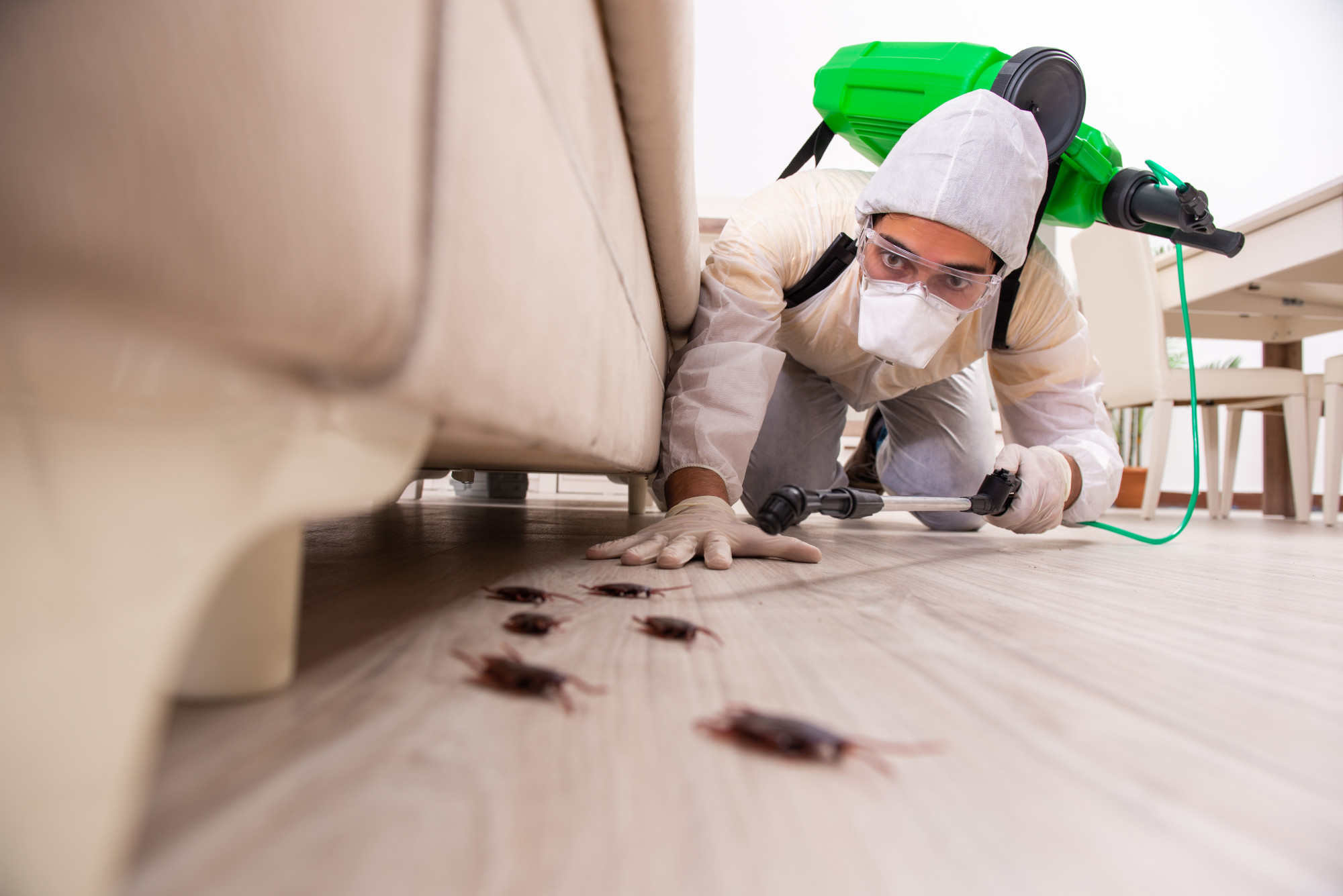Pests are a common problem for homeowners and farmers alike, but traditional pest control methods often involve harsh chemicals that can harm humans, pets, and the environment. Fortunately, there are natural methods of Pest Control Auckland that can be just as effective without the risks associated with chemical treatments. This article will explore some of the best natural pest control methods and how they can help you protect your home and garden.
Biological Control
Biological control is a natural pest control method that introduces predators or parasites that will prey on the pests, causing problems. For example, ladybugs are natural predators of aphids, while certain species of wasps can control populations of caterpillars and other garden pests. By introducing these natural predators into your garden, you can reduce pest populations without the need for harmful chemicals.
Companion Planting
Companion planting is another natural method of Pest Control Tauranga involving planting certain crops alongside each other to repel pests. For example, planting garlic and chives alongside your vegetables can help to repel aphids and other insects, while marigolds can help to repel nematodes and other soil-borne pests. By using companion planting techniques, you can reduce the need for chemical pesticides and herbicides.
Organic Pesticides
While chemical pesticides can harm the environment, several organic pesticides can be just as effective without the risks. For example, neem oil is a natural insecticide controlling many pests, including aphids, mites, and caterpillars. Other natural pesticides include pyrethrum, derived from chrysanthemum flowers, and diatomaceous earth, a fine powder made from the fossilised remains of diatoms.
Physical Barriers
Physical barriers can be an effective way to keep pests out of your home or garden without chemicals. For example, covering your garden with a fine mesh netting can prevent birds and insects from eating your crops, while sealing up any gaps or cracks in your home can keep out rodents and other pests. Other physical barriers include sticky traps and pheromone traps, which can be used to capture insects without the need for pesticides.
Cultural Practices
Cultural practices can also play a role in natural pest control. For example, keeping your garden clean and well-maintained can help to reduce the risk of pest infestations. Removing weeds and debris can eliminate hiding places for pests, while rotating crops can help prevent the buildup of pests and diseases in the soil. Also, maintaining proper soil health and fertility can help promote healthy plant growth, making them more resistant to pests and diseases.
In conclusion, several natural pest control methods can be as effective as traditional chemical treatments. By using biological control, companion planting, organic pesticides, physical barriers, and cultural practices, you can protect your home and garden from pests without the risks associated with chemical treatments. So, the next time you face a pest problem, consider these natural methods and enjoy a safer, healthier environment for you and your family.










